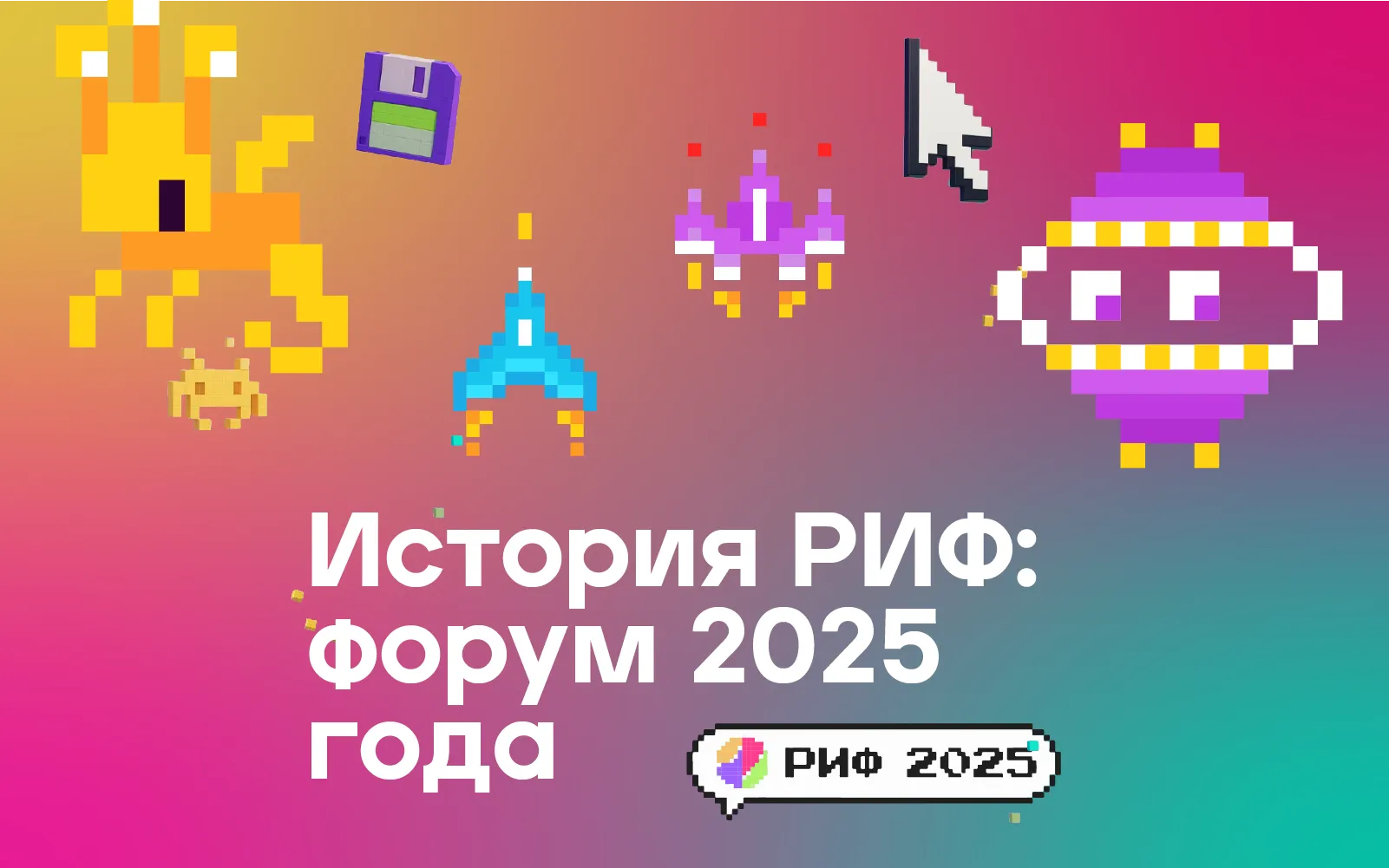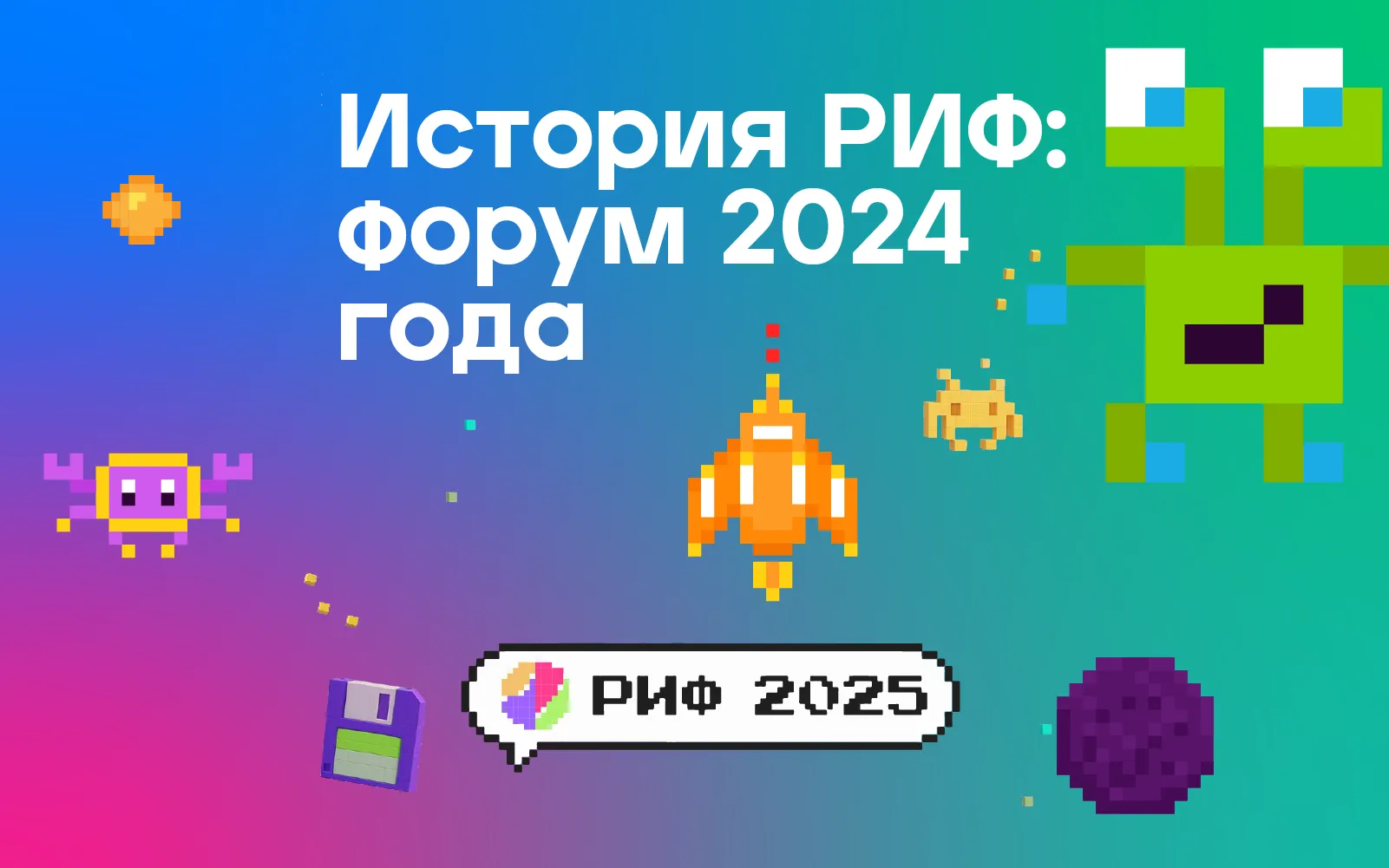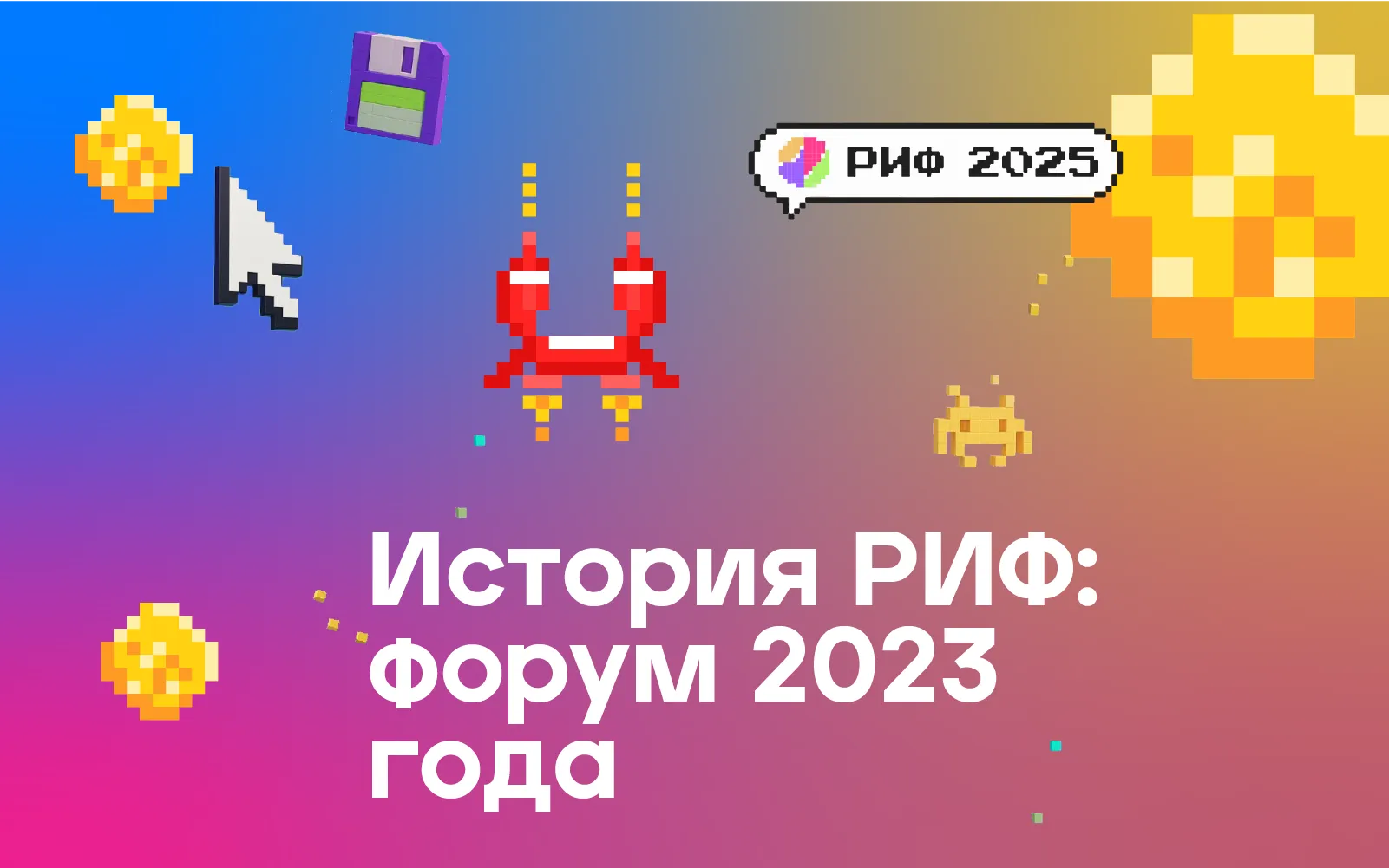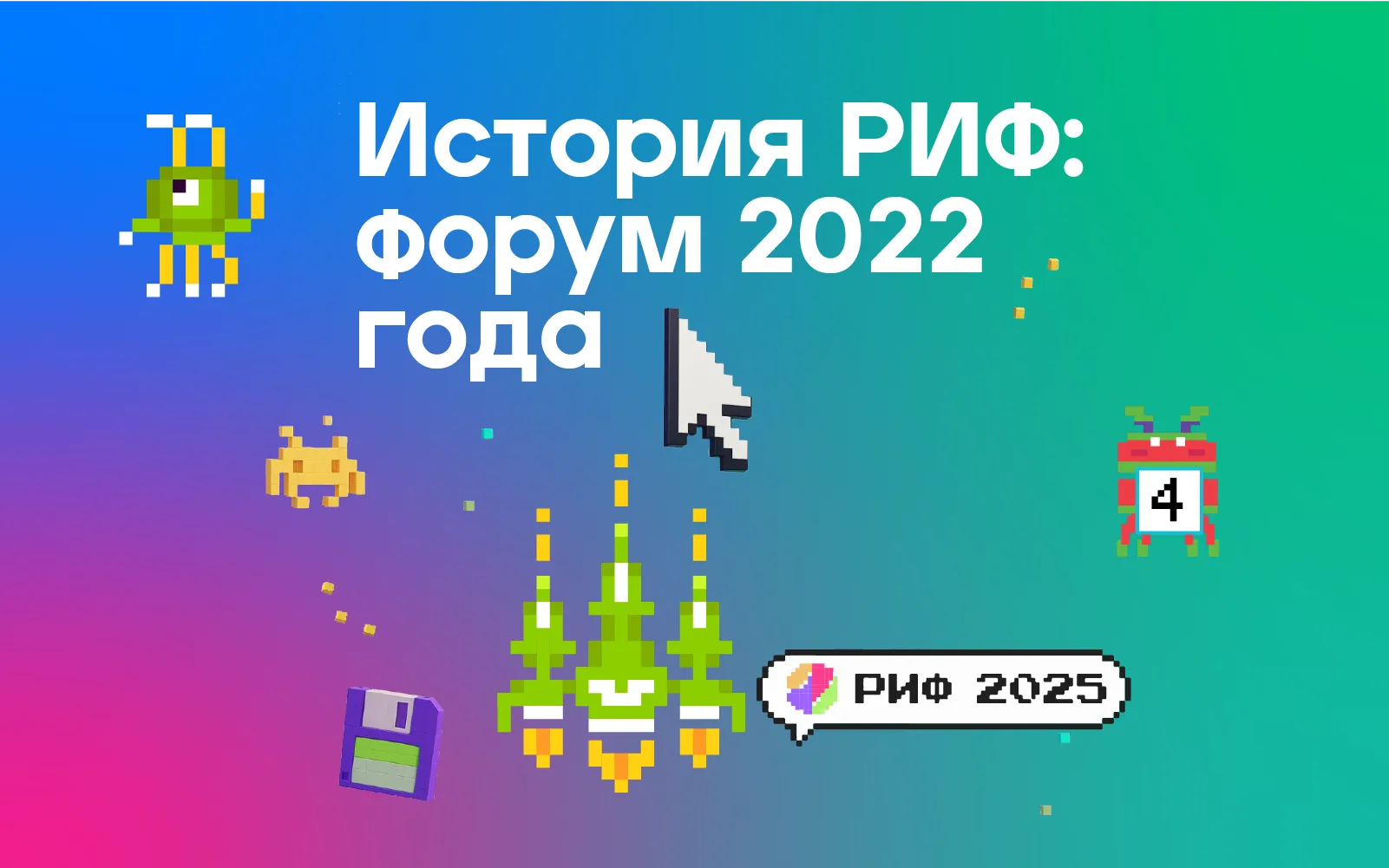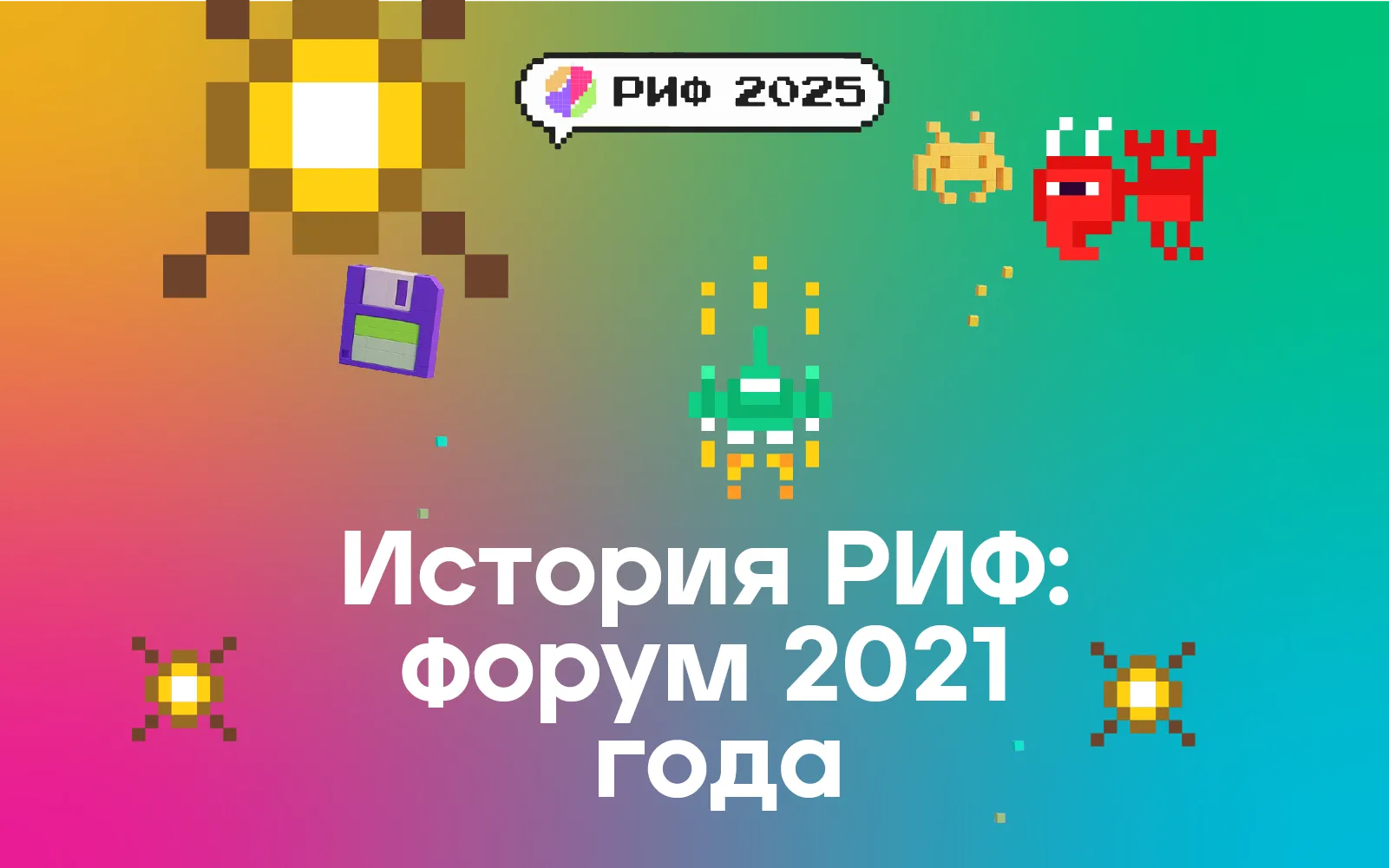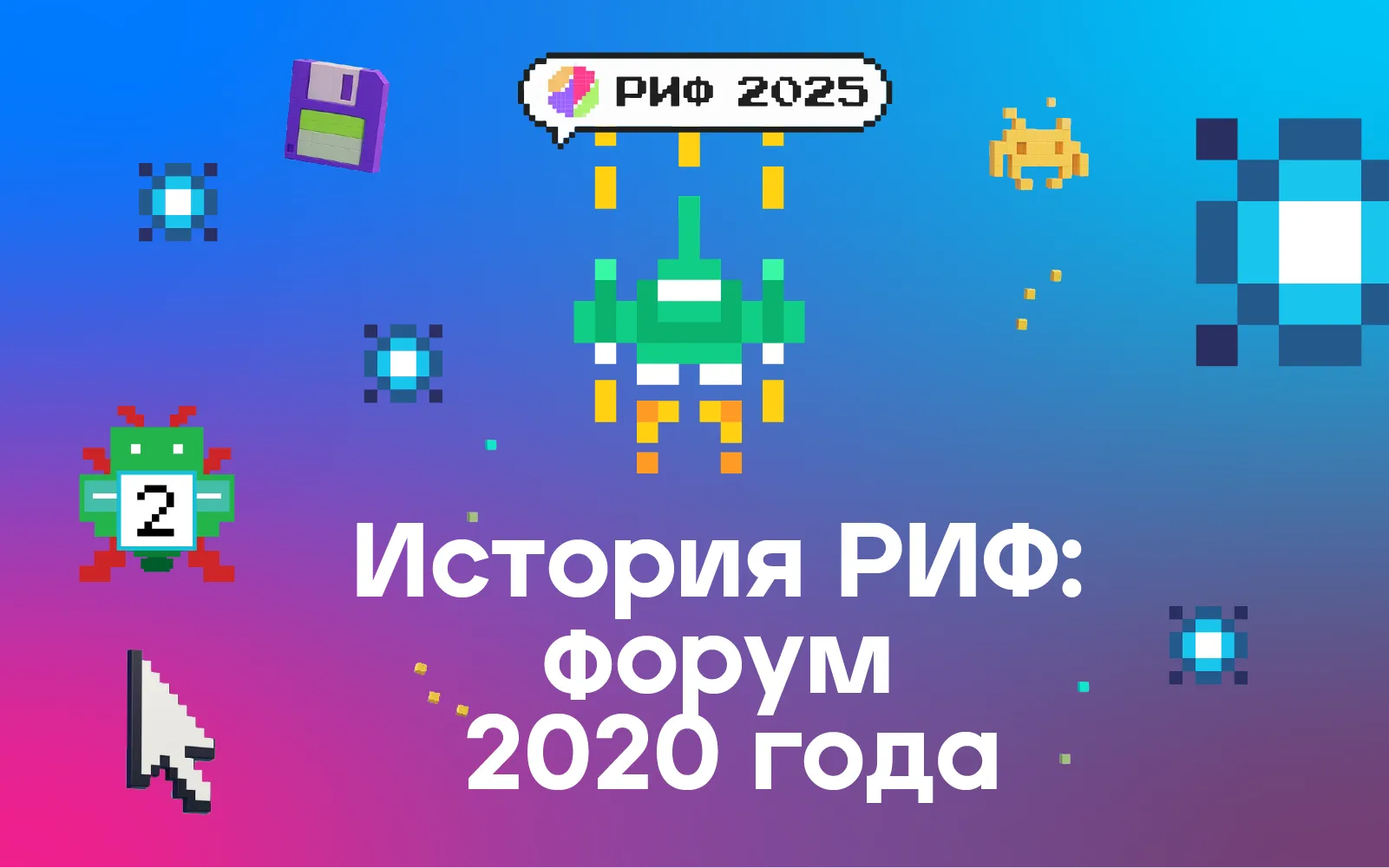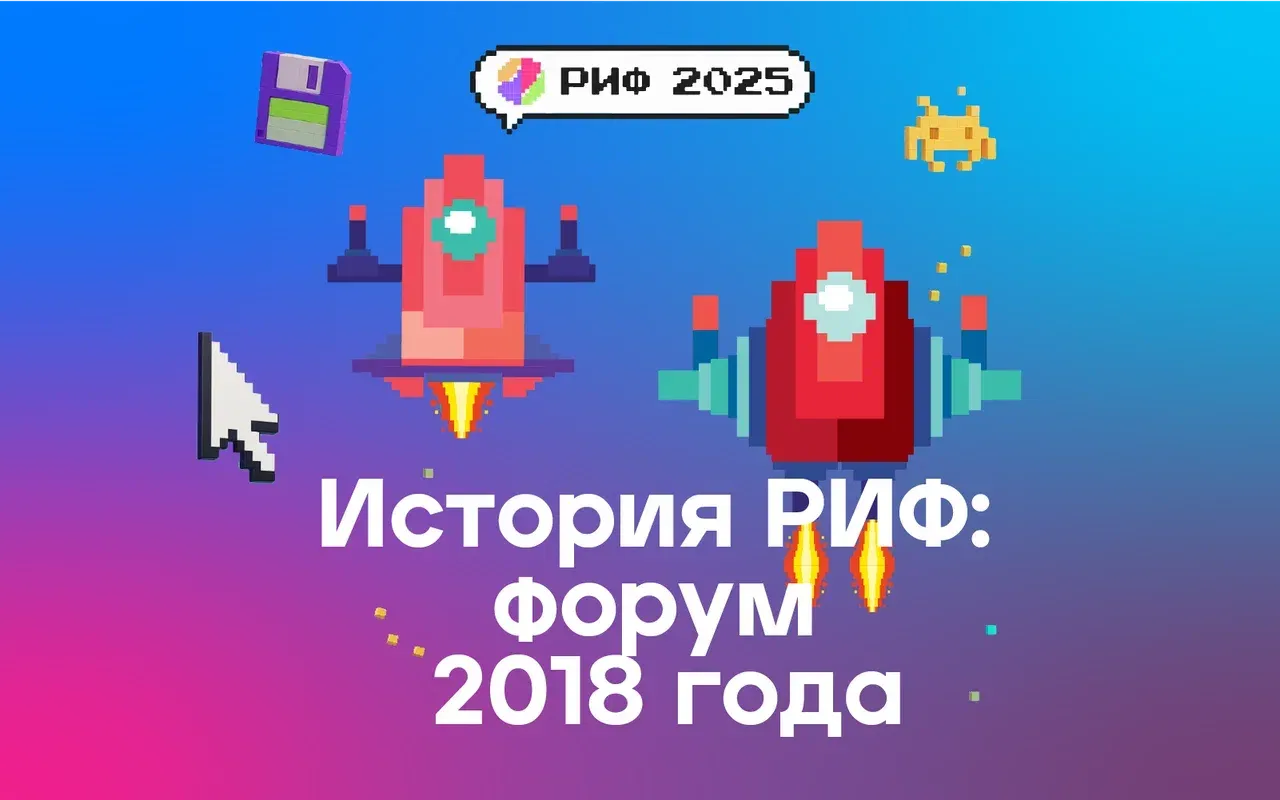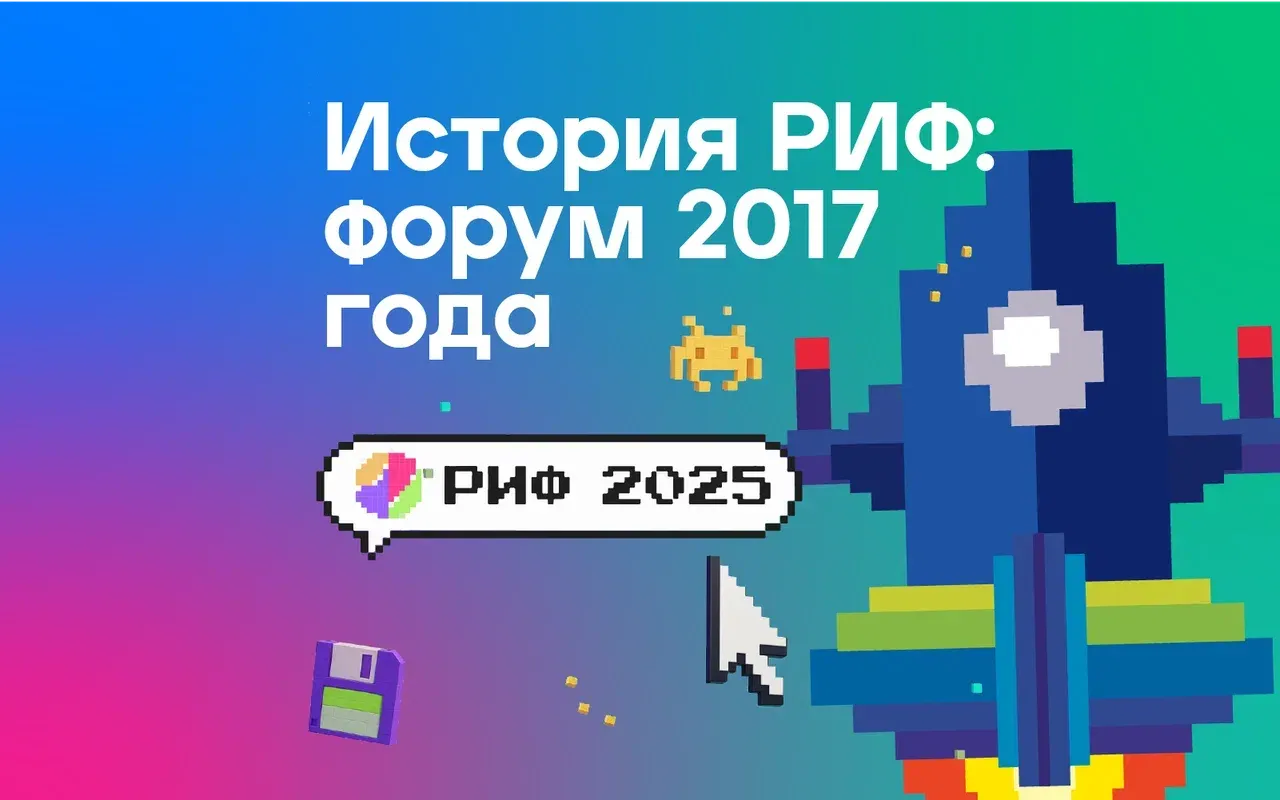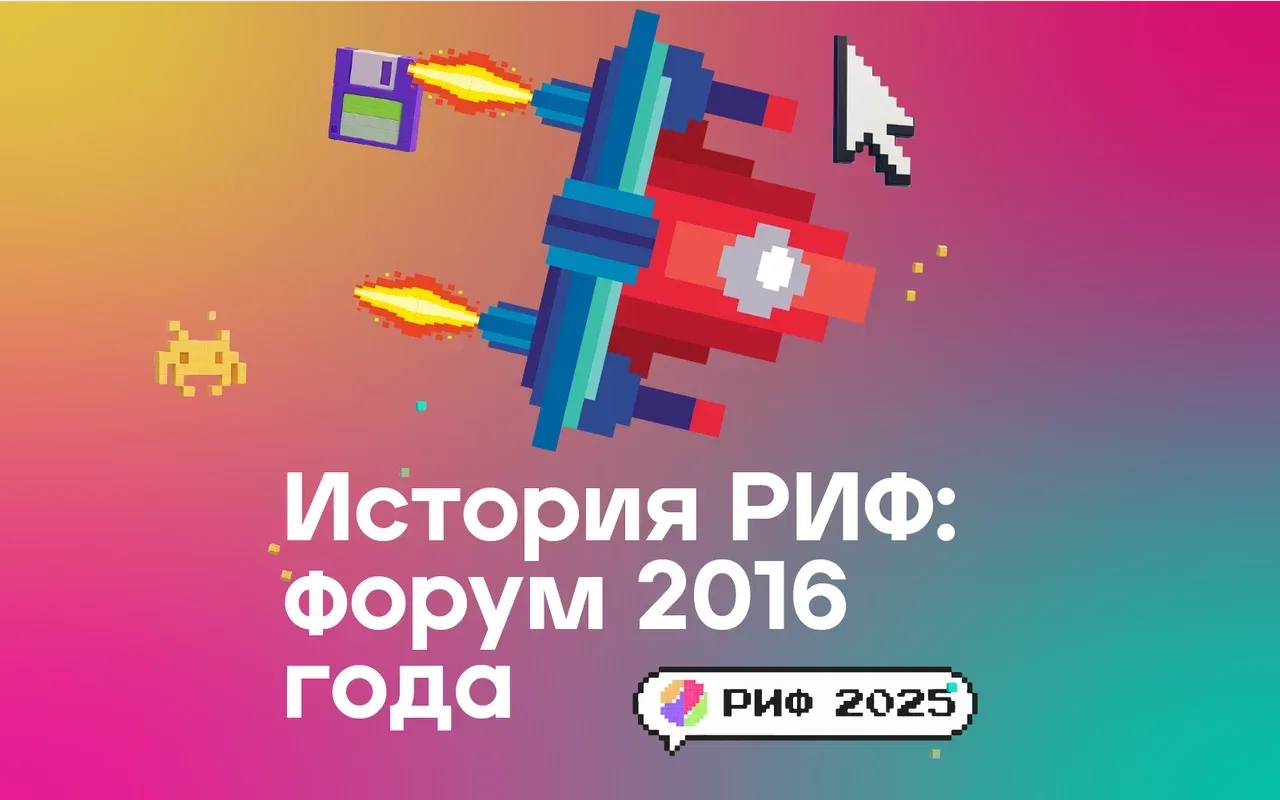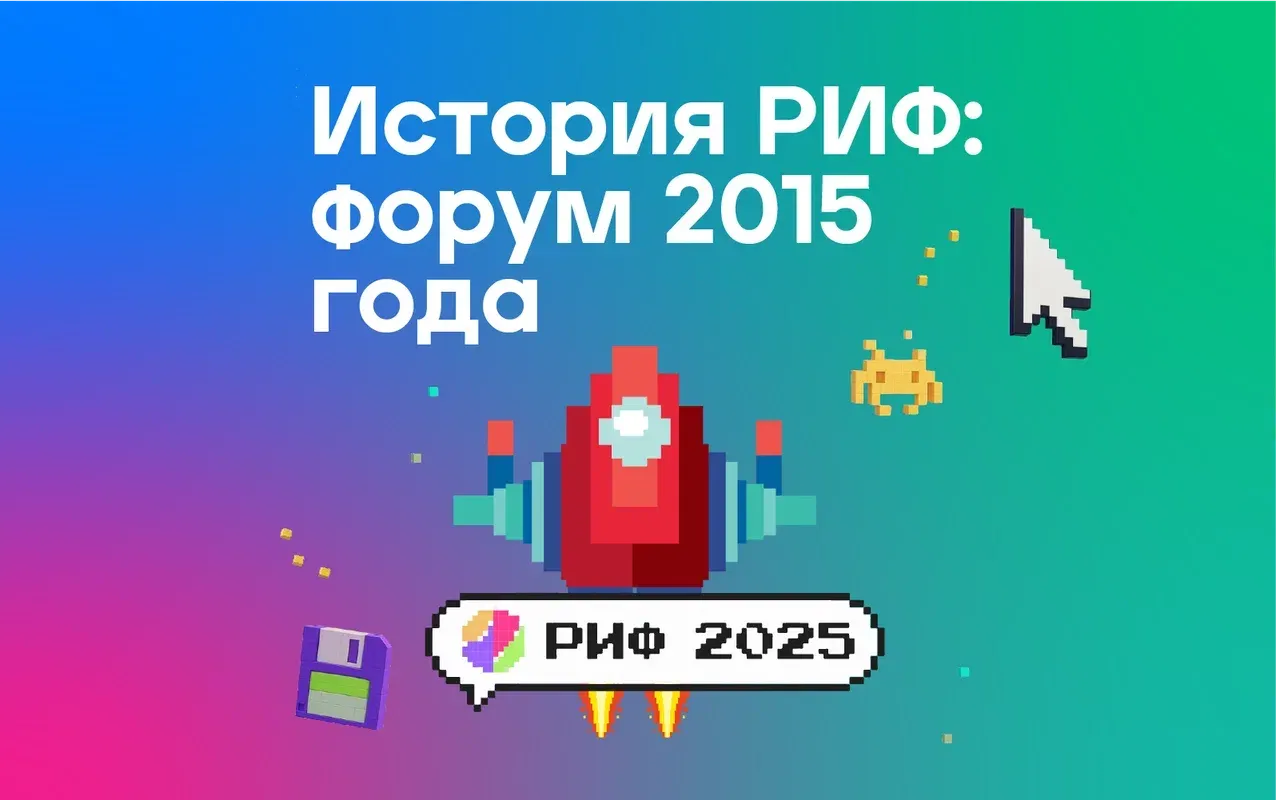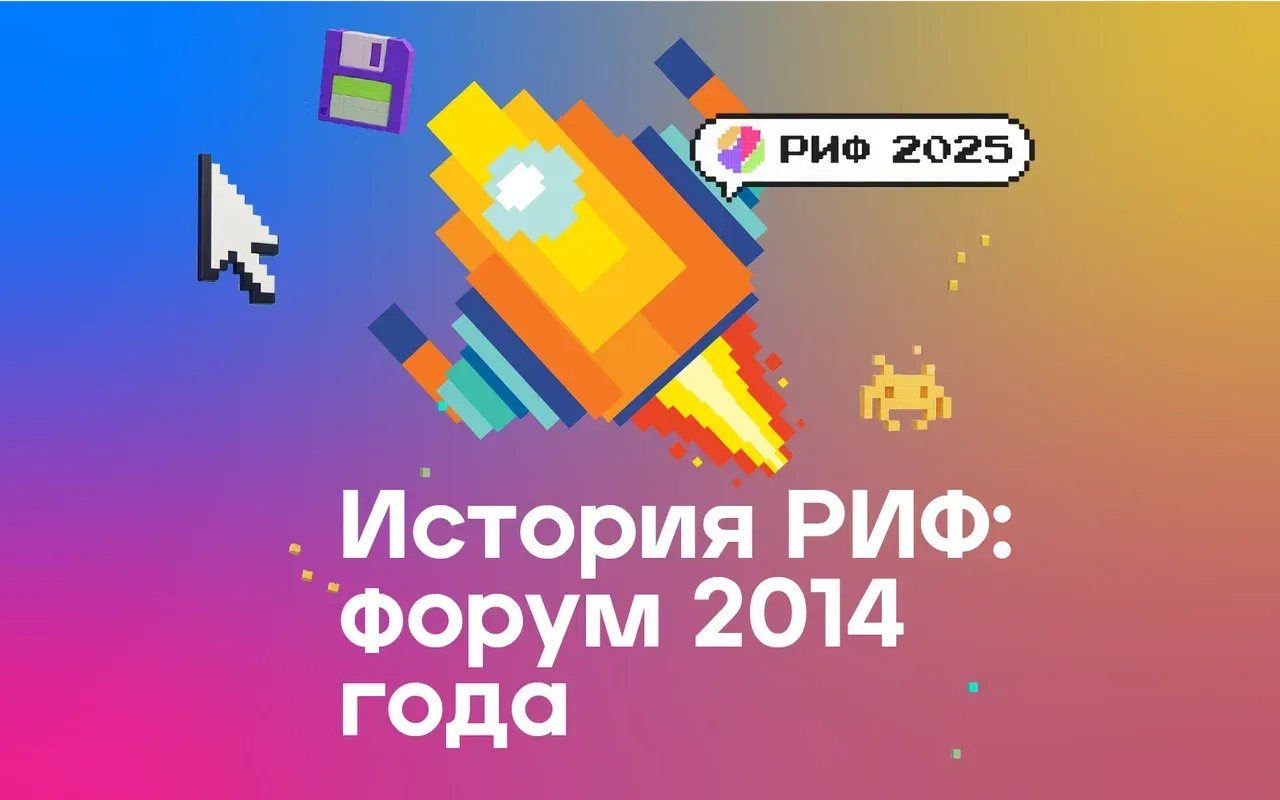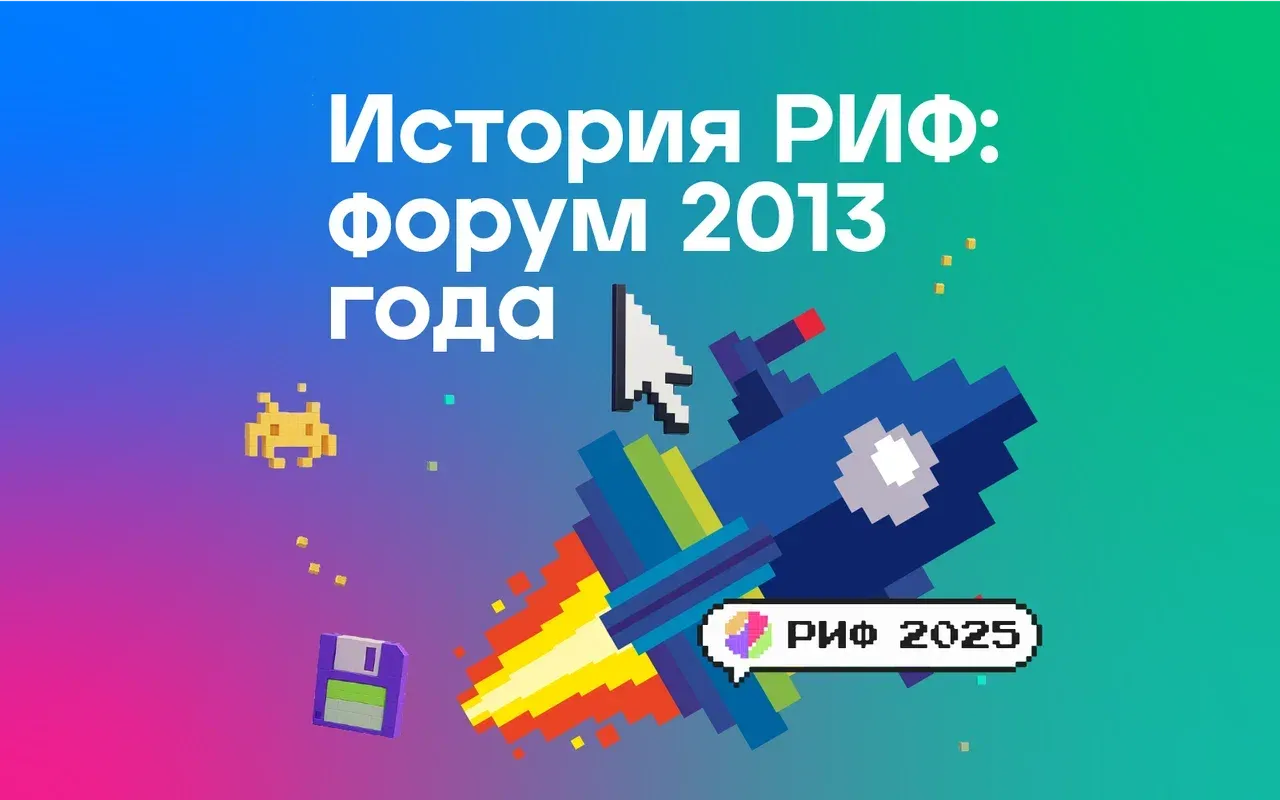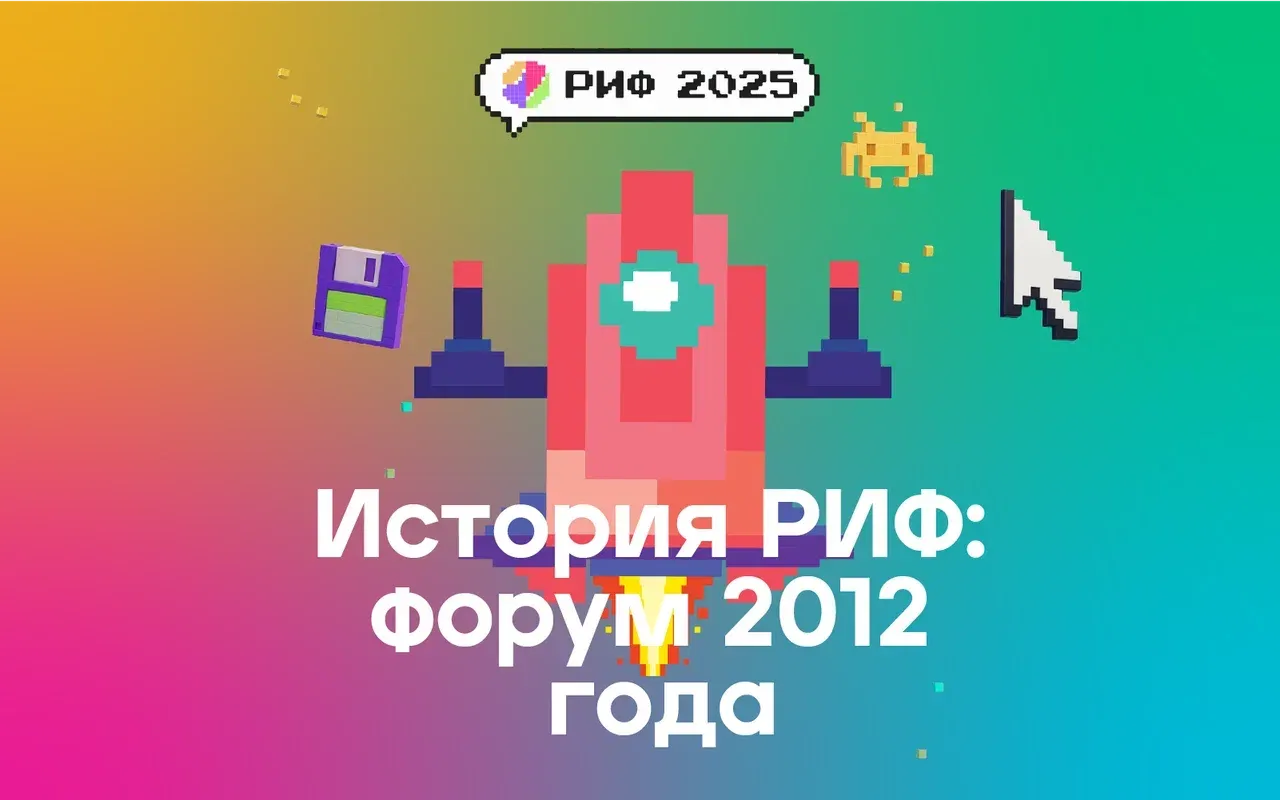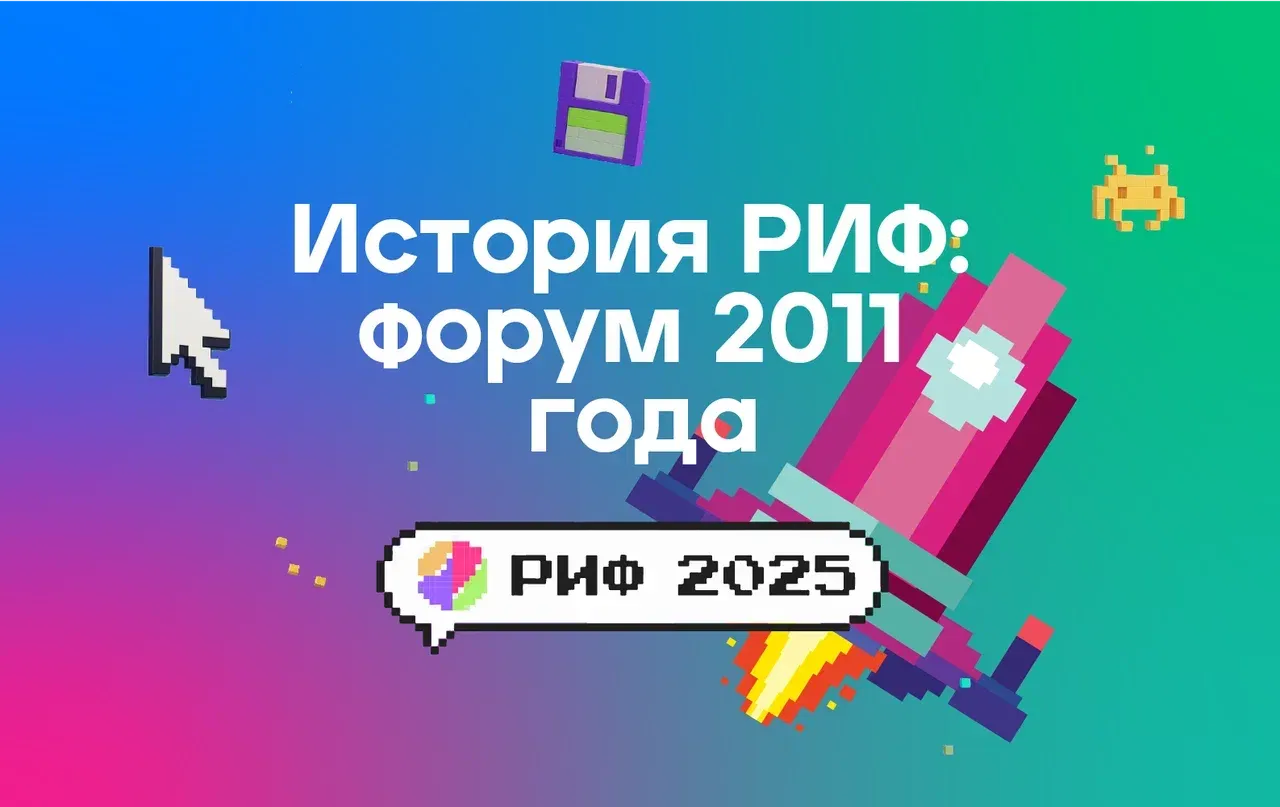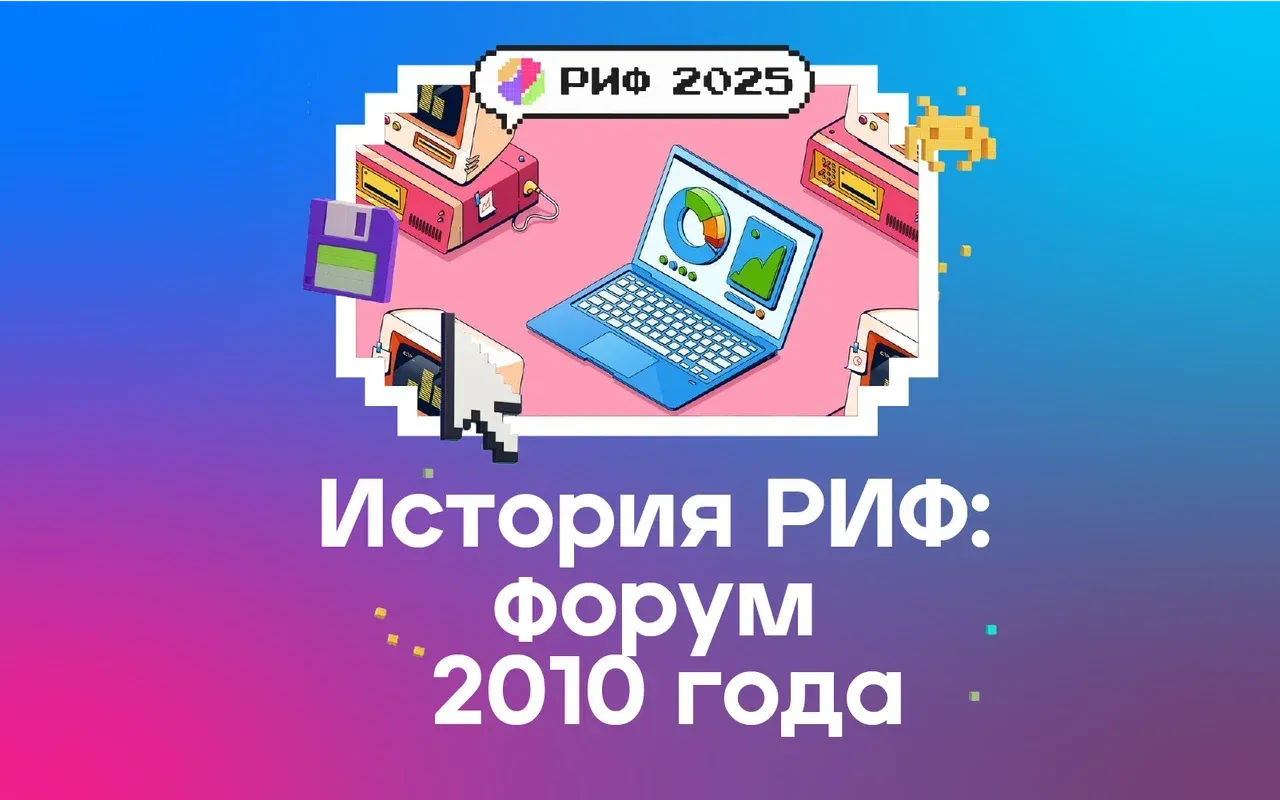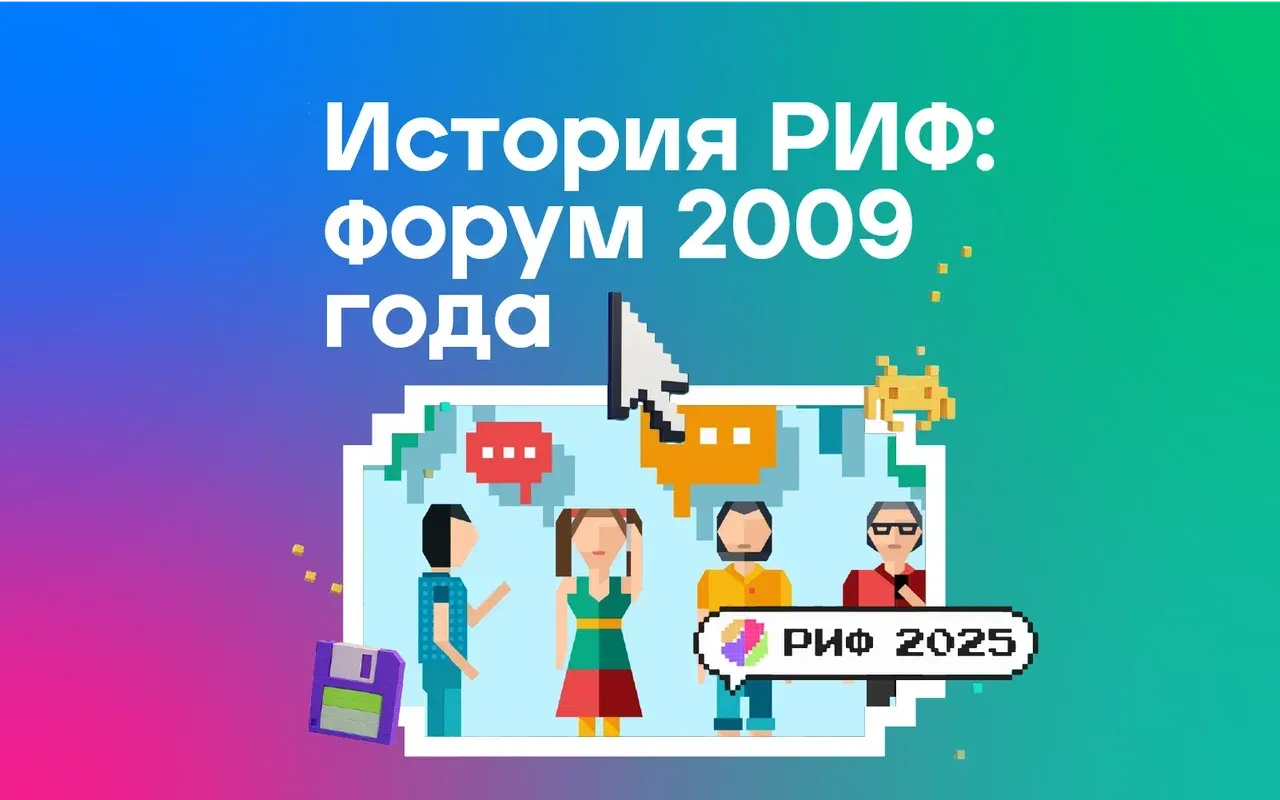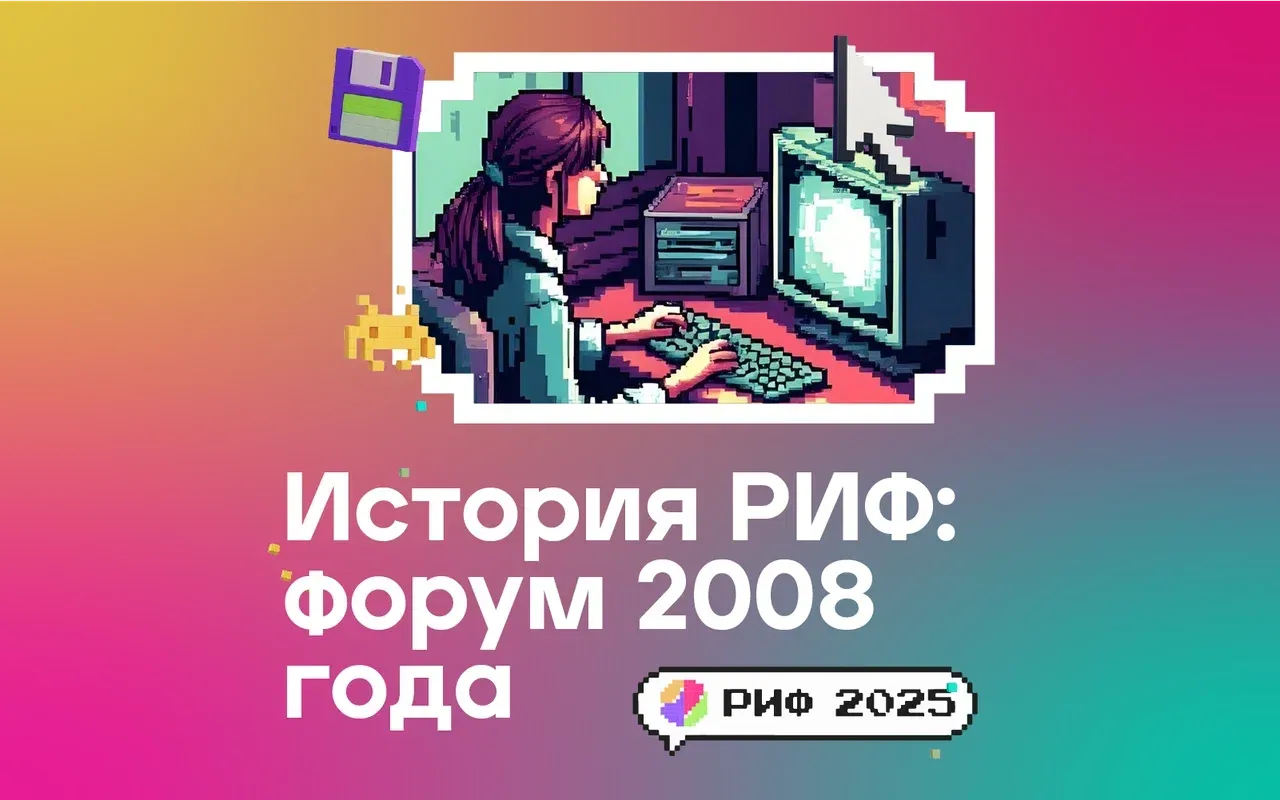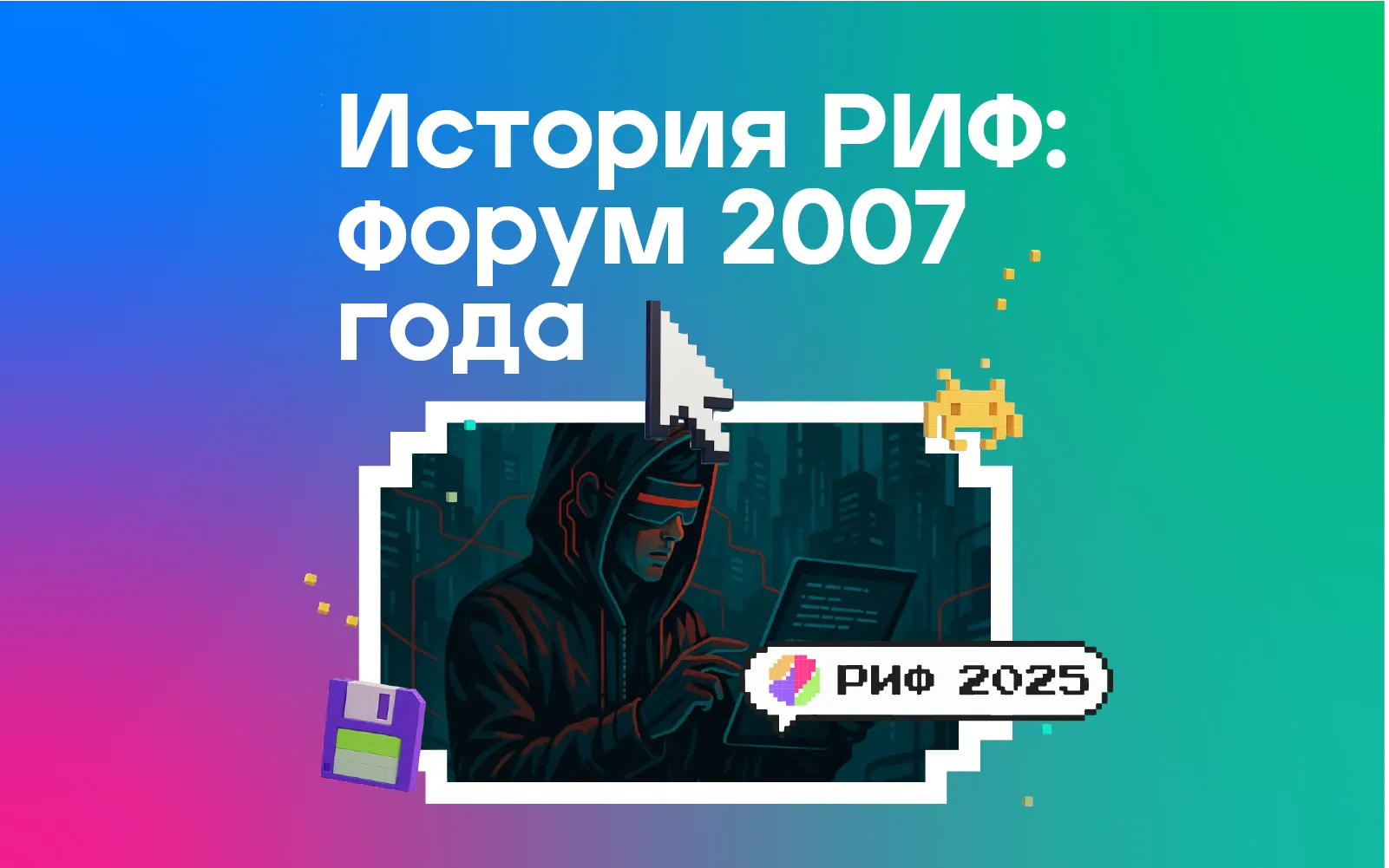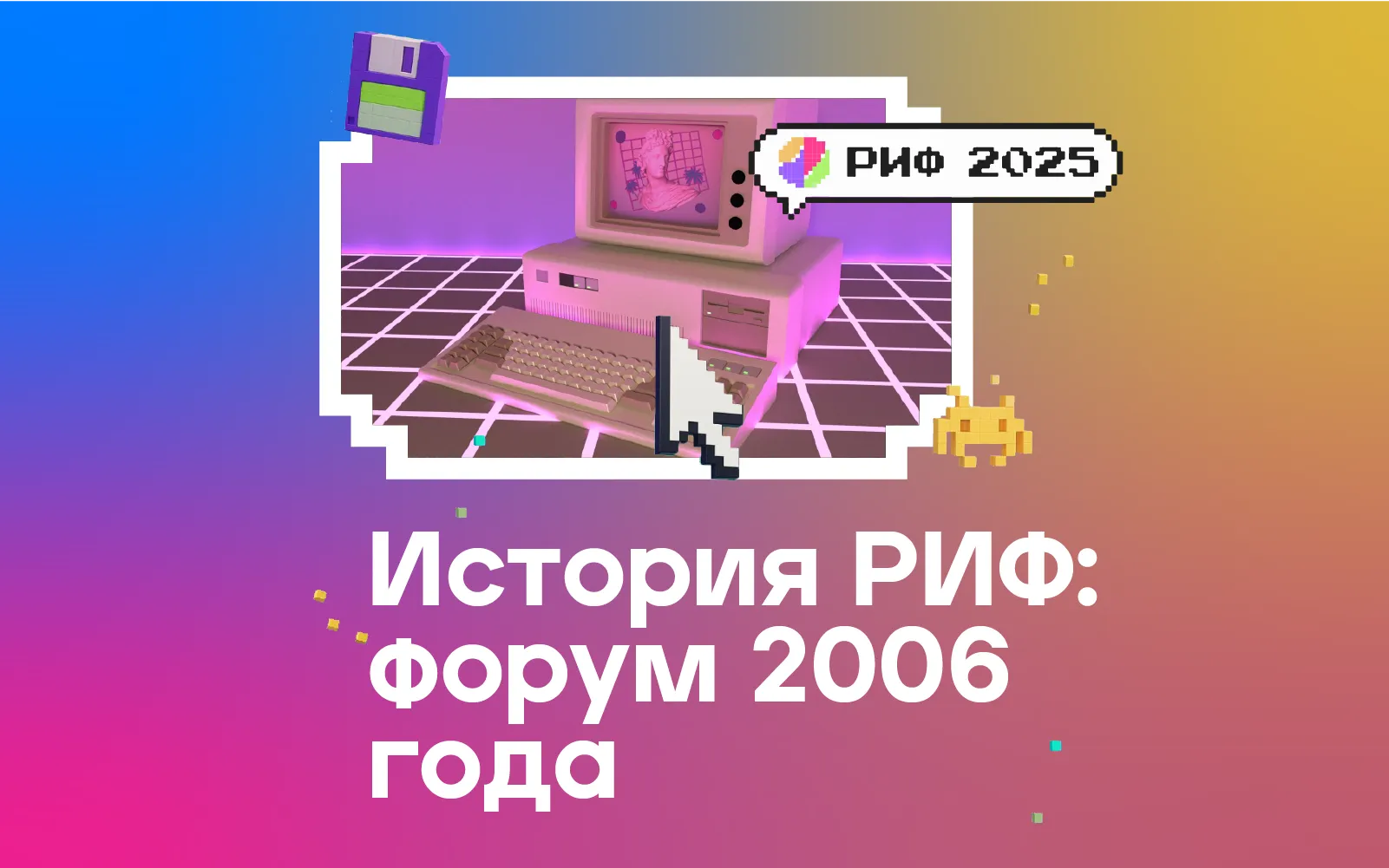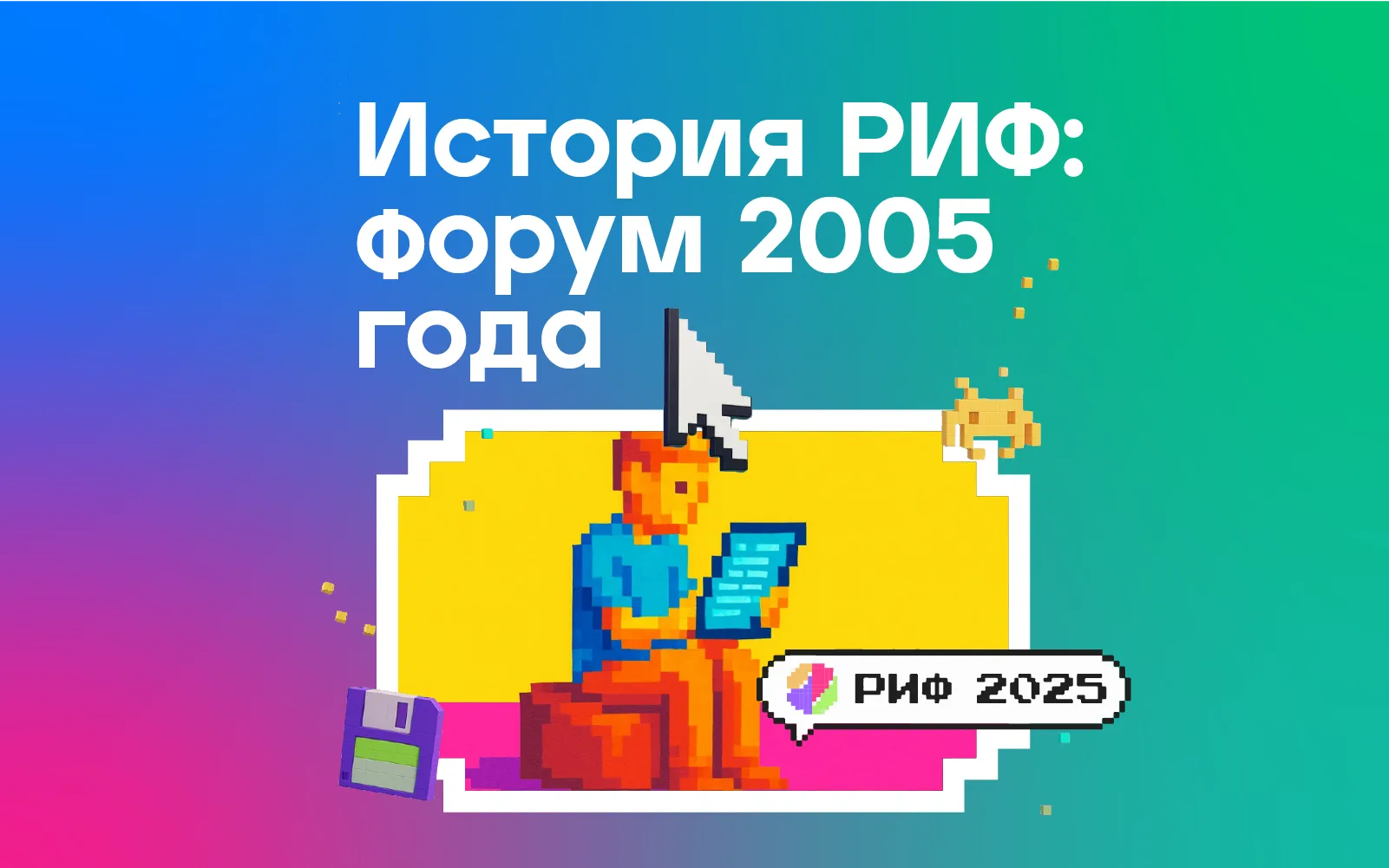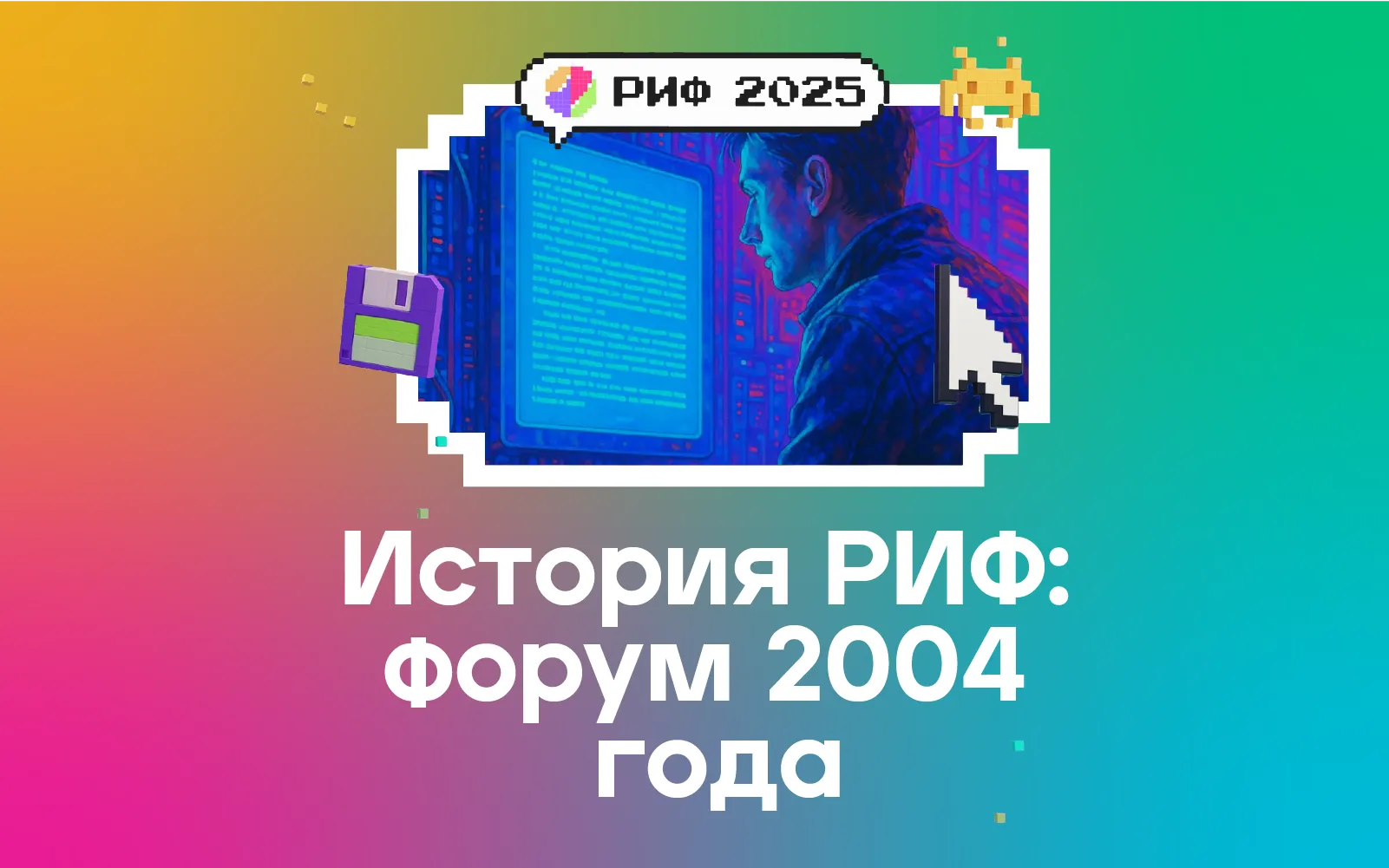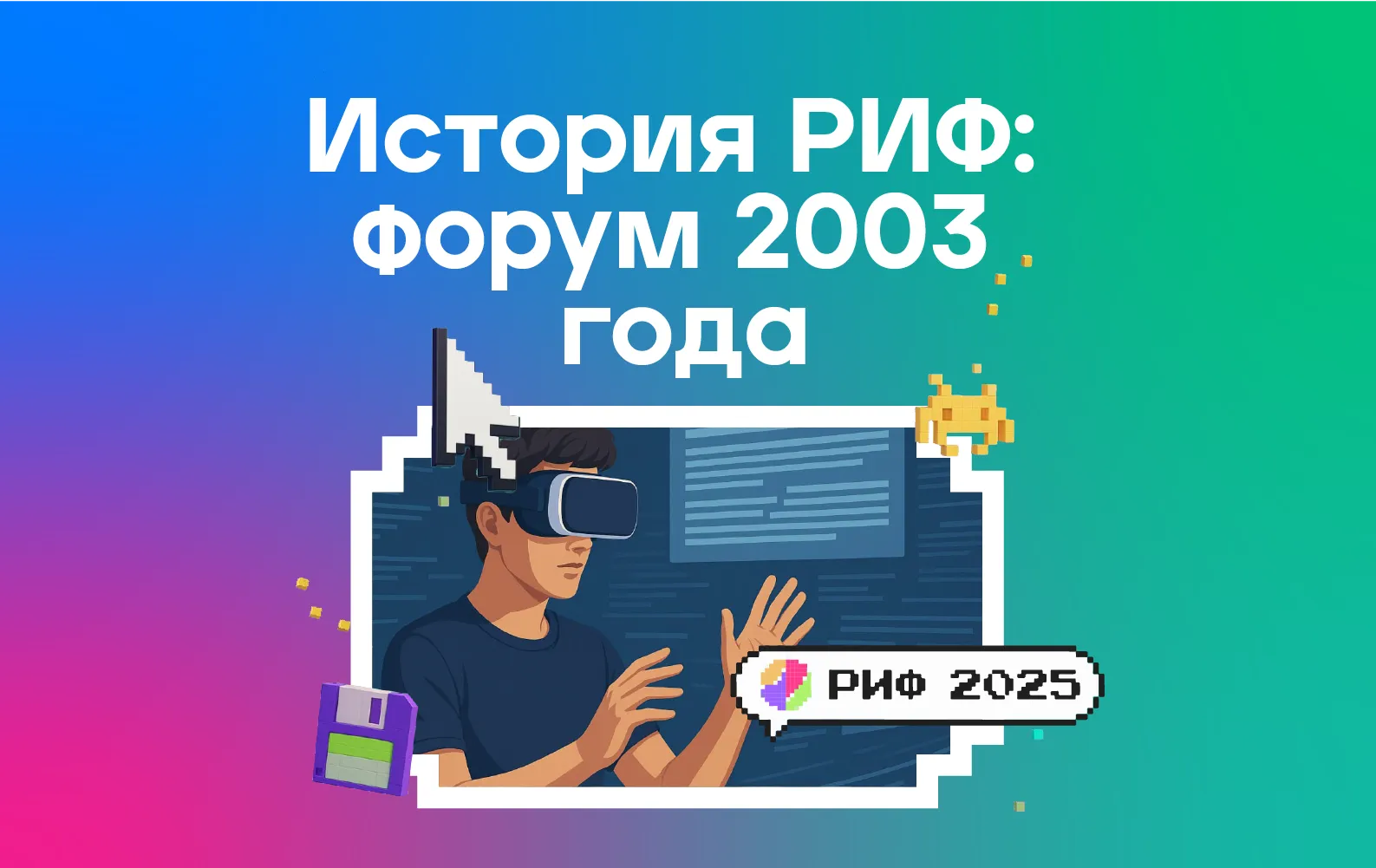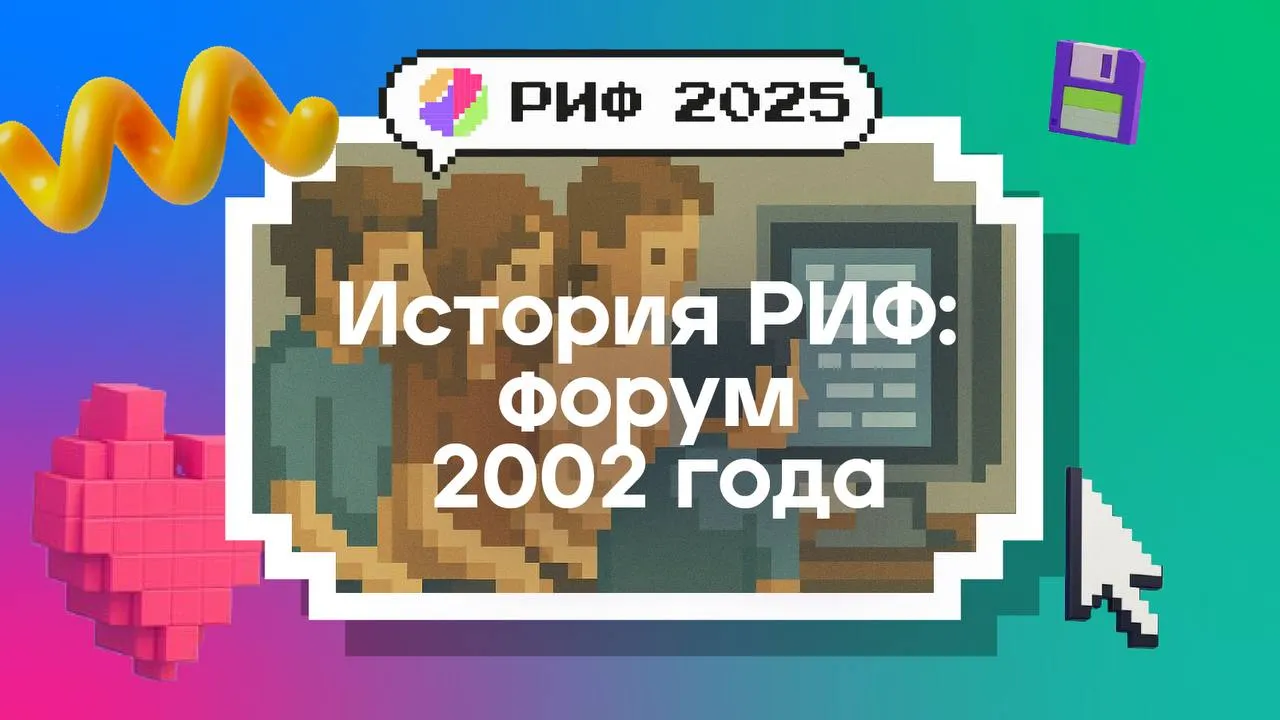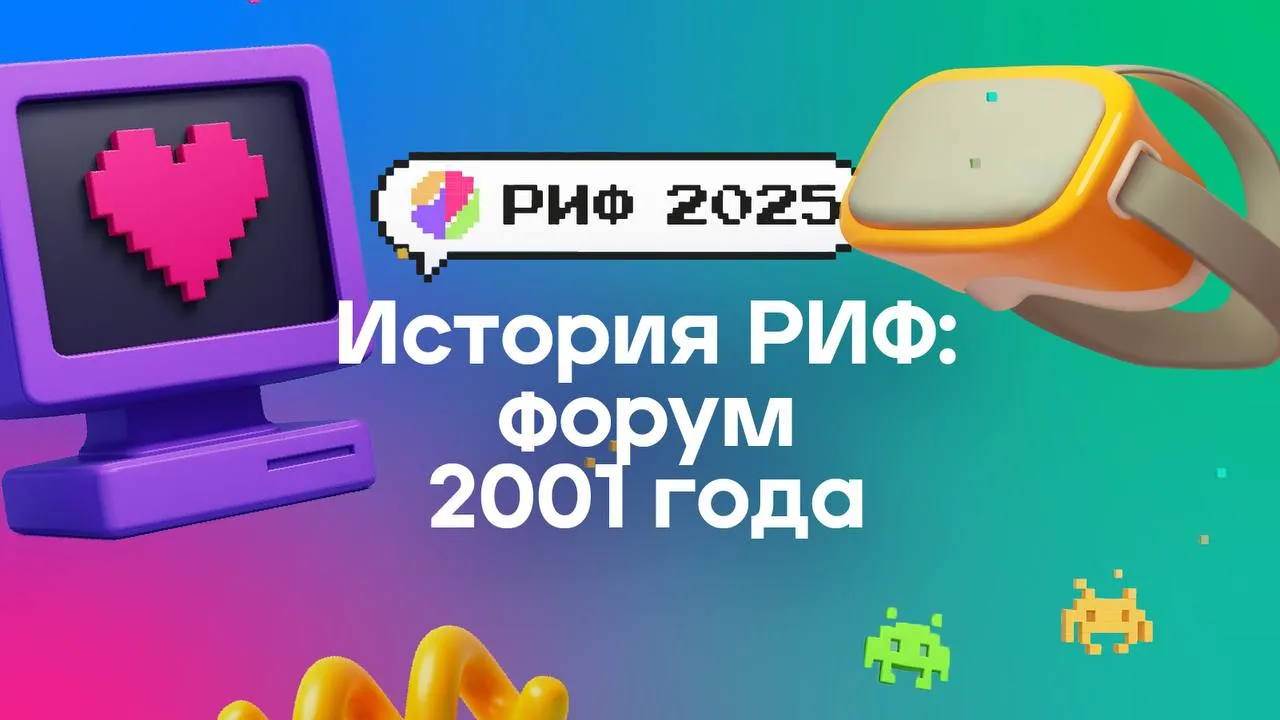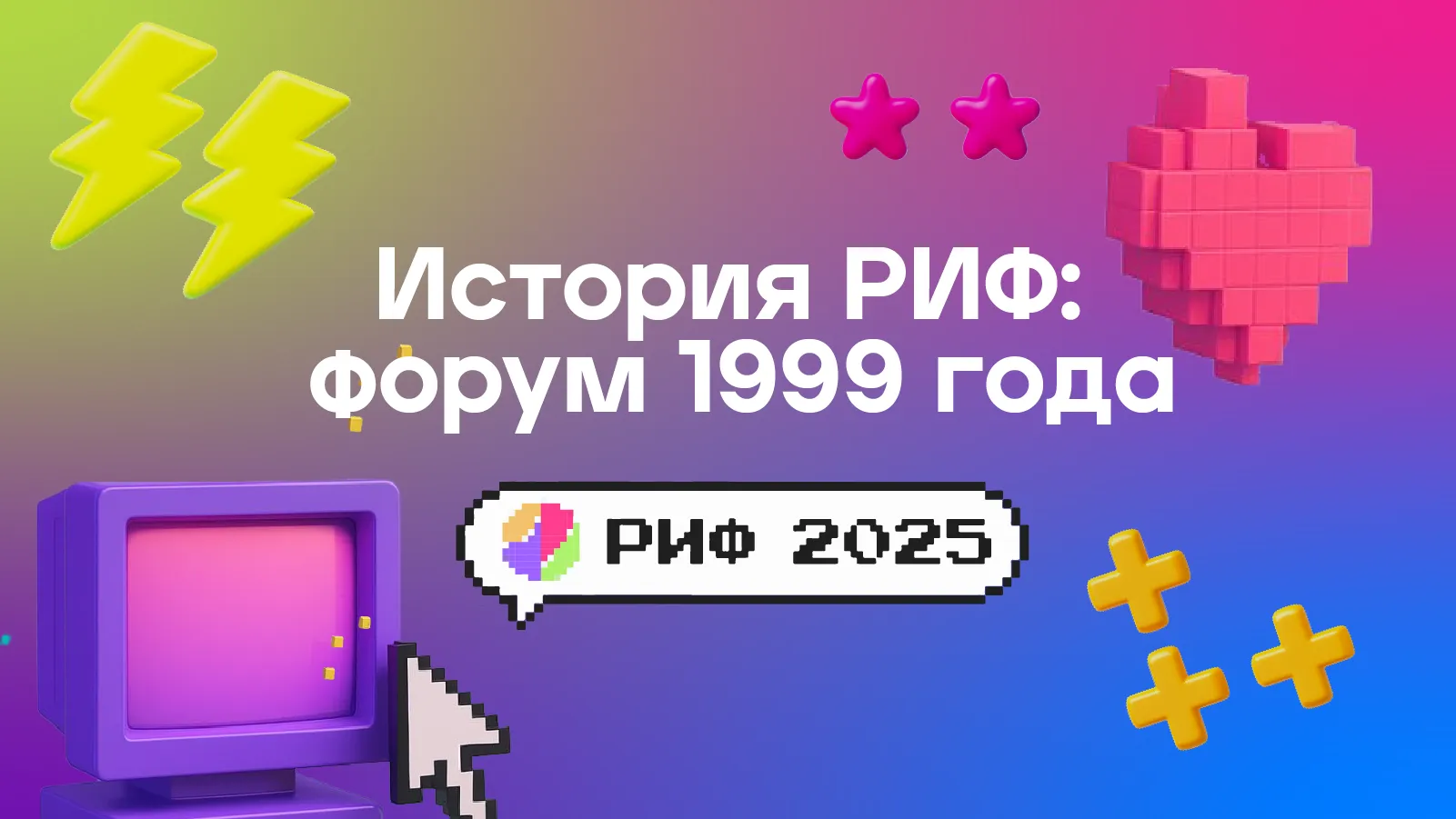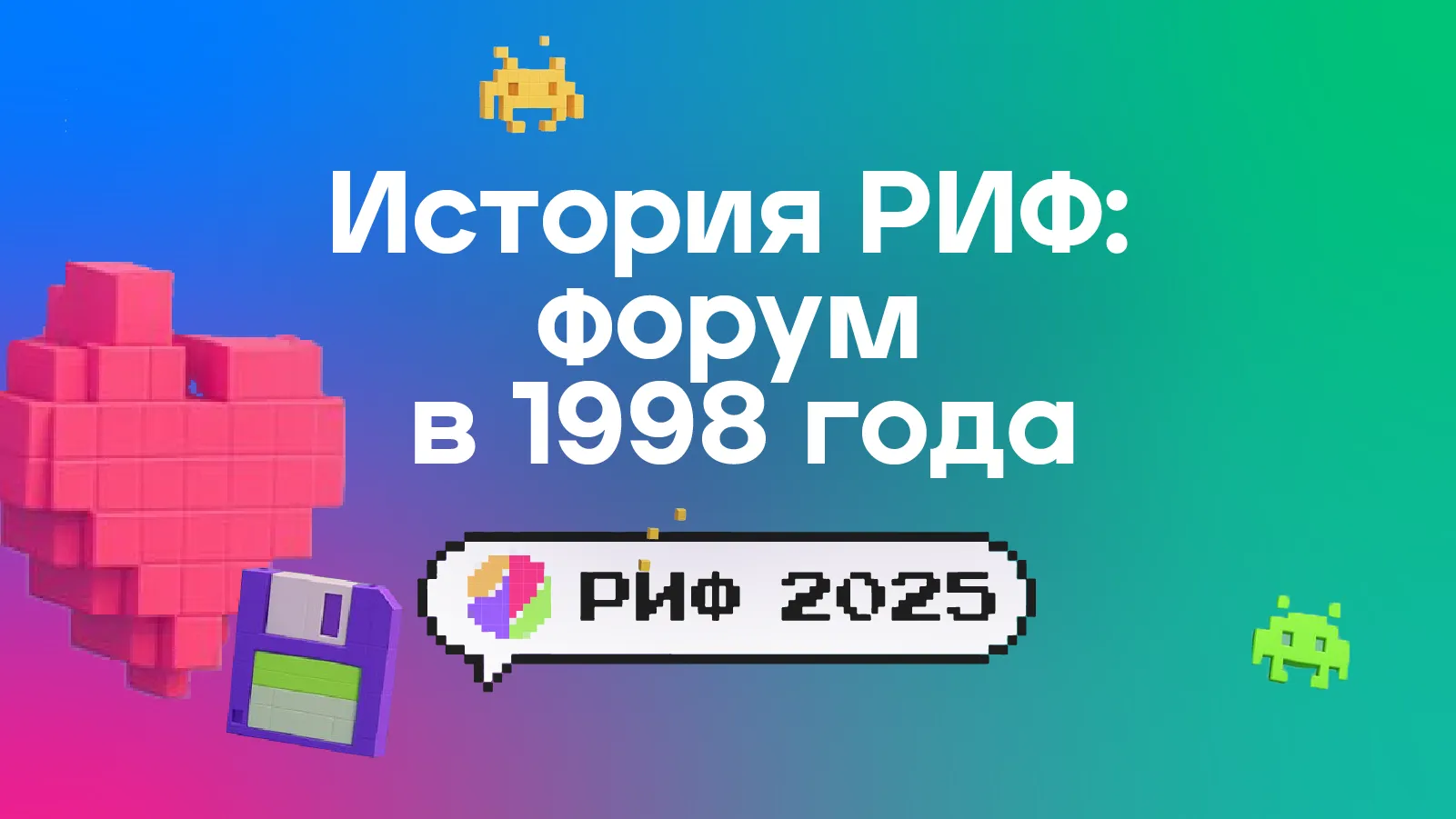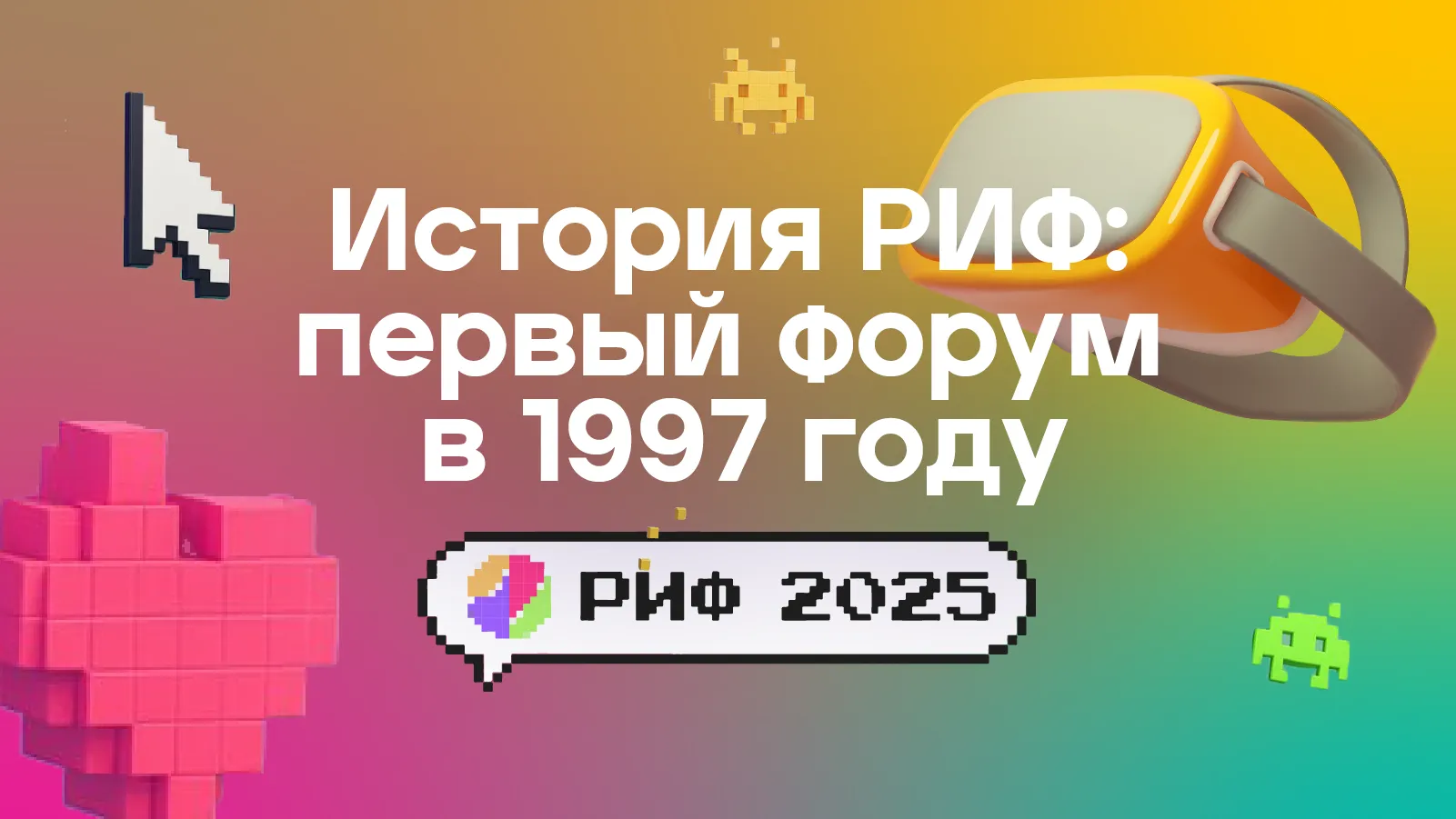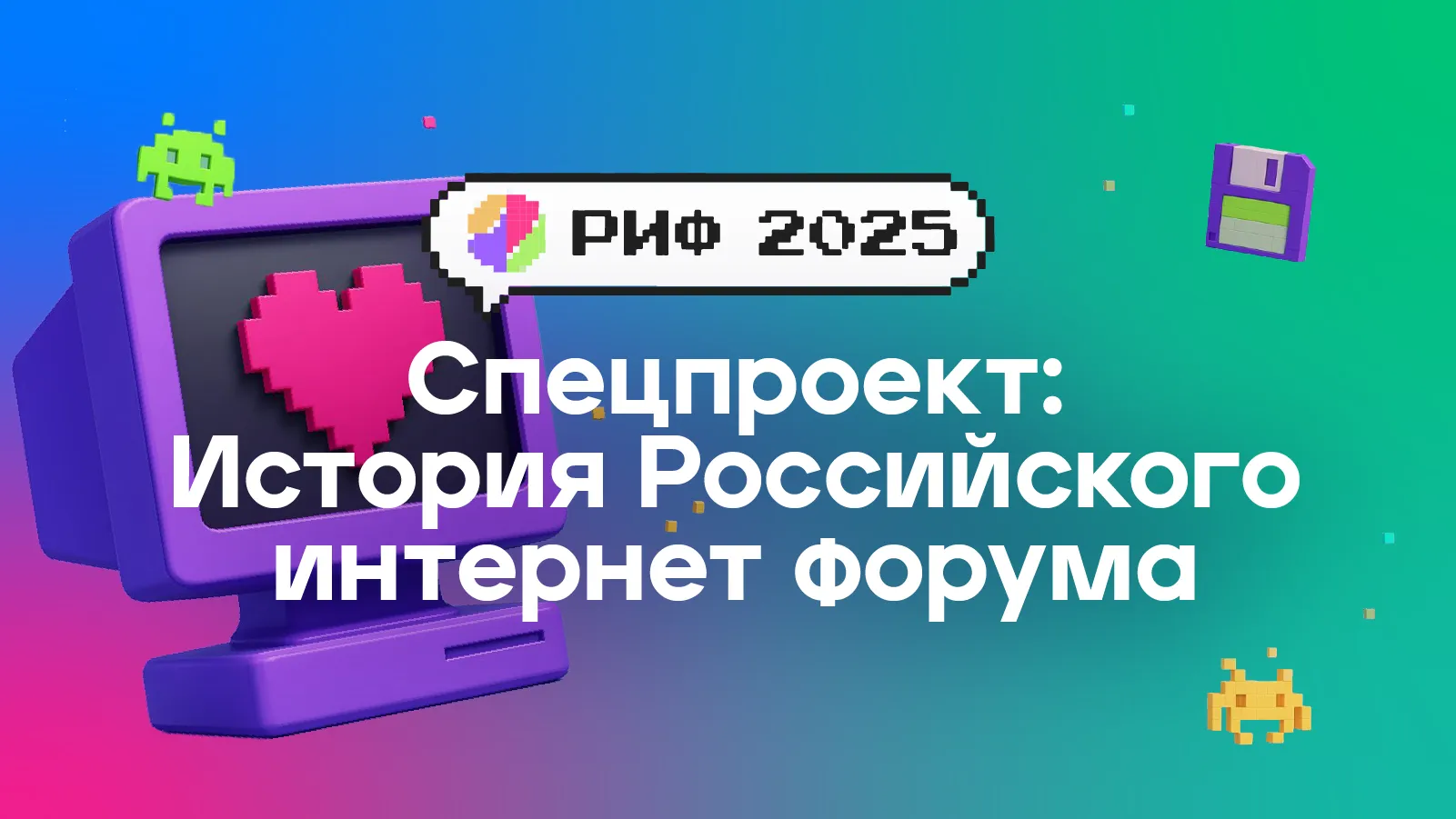RIF 2019: The First Big Anniversary
2019 was a year of global turning points—from trains running across Crimea to Russia’s role in halting the Syrian conflict, from the 30th anniversary of the Berlin Wall’s fall to the Notre Dame fire. For Runet, it marked a milestone of its own: 25 years online, celebrated once again at the Lesnye Dali resort with the annual RIF+KIB forum.
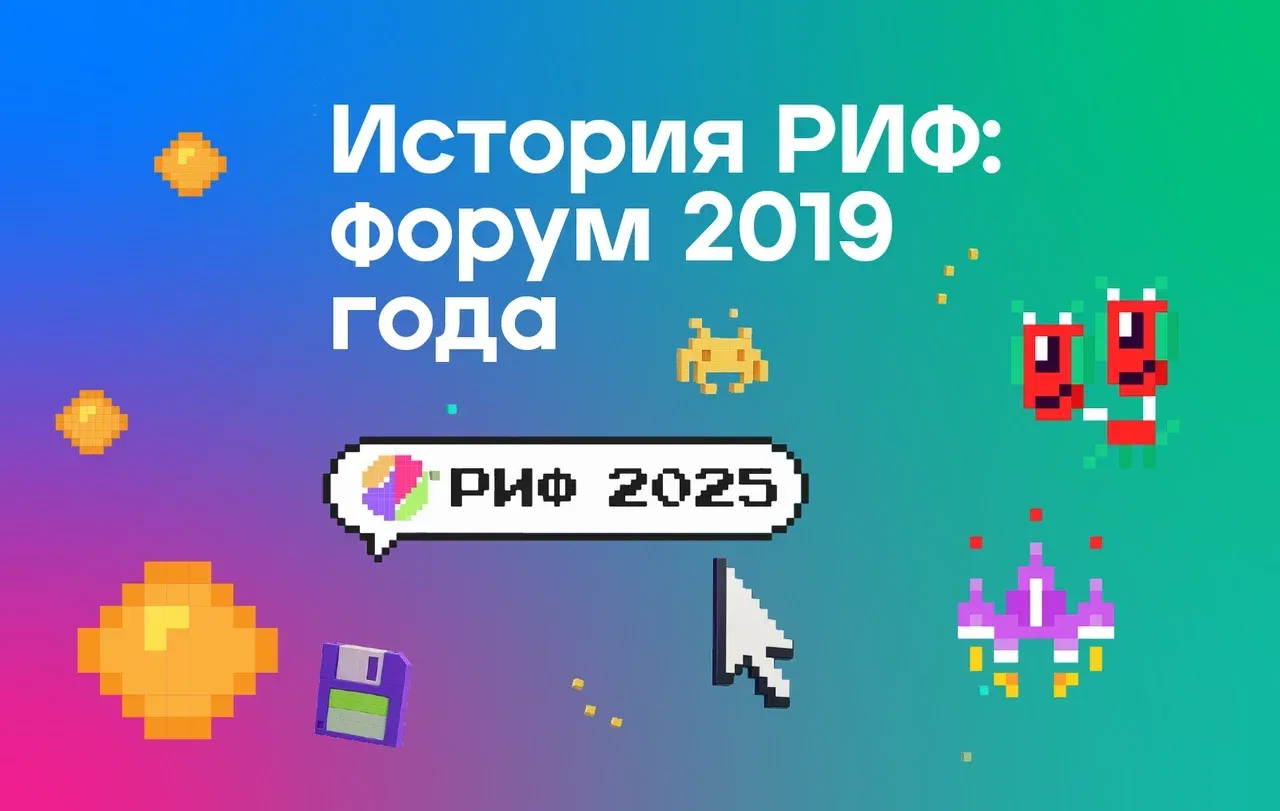
Day One: Ideas in Motion
Prime Minister Dmitry Medvedev opened the celebration with a social media address: 'This year Runet turned 25. Today, its services cover nearly every sphere—from online government services to shopping and entertainment. A whole generation has grown up with computers and the internet as a natural part of everyday life. Exchange of experience, debate, and professional growth remain vital, and RIF+KIB provides exactly that opportunity.'
The first day featured the headliner session 'DigiTalking Heads,' where speakers explored the fashion for 'phygital' (blending physical and digital) and 'custdev' (testing ideas on real target users through interviews). Talks ranged from digital airports—mapping every point of passenger interaction—to supermarkets reinventing loyalty by gently moving customers from offline aisles to online orders.
Dreams of AI-driven Smart Cities and frictionless mobility rounded out the conversation. The day closed with a workshop on launching a business in the digital economy, complete with financial tools, simplified reporting mechanisms, and one-on-one expert consultations.
Day Two: Practical Runet
RIF 2019 embraced pragmatism. Morning fitness runs and wellness sessions energized participants before deep dives into AI, geoservices, mobile-first development, design and UX, Big Data, GDPR compliance, and digital marketing.
Onsite certification programs allowed attendees to validate their digital skills. For the first time, the forum hosted RIF.Hackathon, focused on building new solutions for personal data storage and access management.
Two humanoid robots, Thespian and Boris, debuted as the forum’s first fully digital employees, greeting guests and assisting with registration. By evening, intellectual rigor gave way to entertainment: Orlov Band, the group 'Strike,' a light show, drone displays, and the legendary Digital MeetRoom party at Pumba Bar. A short film about RIF 2019 and the traditional balloon launch closed the day.
Measuring the Ecosystem
RAEC presented its structured model of Russia’s digital economy: seven hubs (state and society, marketing and advertising, finance and trade, infrastructure and telecom, media and entertainment, cybersecurity, education and workforce), ten dimensions (analytics, business models, IoT, AI, mobile, hardware, regulation, platforms, startups, investment), and three competence levels (entry, intermediate, guru).
Runet’s contribution to Russia’s economy grew 11 % year-on-year in 2018. Daily internet use reached three-quarters of the population. Interestingly, mobile growth came largely from older demographics, while younger users remained the most intensive.
Advertising revenue rose 22 %, highlighting digital’s expanding share of the national economy.
Research, Policy, and Digital Literacy
Representatives of the Institute for Internet Development (IRI) stressed the sector’s evolving research agenda: not just gathering data, but building predictive models of digital development. IRI initiatives have already led to the Council on Digital Economy under the Russian government and the 'Digital Region' project.
Upcoming proposals will tackle the balance between regulatory and ethical frameworks, as well as new standards for digital literacy education.
But data from the 'Digital Literacy Index' revealed troubling trends: in 2018, Russia’s sub-index for digital competencies fell from 6.48 to 5.44, while digital security dropped from 5.43 to 3.29. The widening gap highlights the urgency of user education and cybersecurity. At the same time, Russians increased use of online financial services, e-government platforms, search engines, and trusted the internet more as a news source.
The Dark Side of Runet
At 25, Runet has not only pioneers and traditions but also a darker underbelly. Speakers revealed that Russia’s darknet economy now exceeds ₽2 billion (approx. $30 million), a structured business in its own right. Cyberattacks doubled in a year; phishing increasingly targets home routers.
Security audits showed 100 % of mobile apps vulnerable, with protection indices averaging below 2.5 out of 5. The message was stark: as Runet expands, so does the sophistication of threats, demanding higher competence from both users and experts.
Why It Matters
RIF 2019 underscored the paradox of Runet at 25: a dynamic, fast-growing ecosystem fueling national economic growth, but one facing mounting risks in security, literacy, and regulation.
The debates, hackathons, and even robot hosts reflected a central theme: Runet’s future depends on balancing innovation with responsibility. For policymakers, businesses, and citizens alike, the challenge is to build a digital economy that is not only profitable and practical, but also safe and resilient.


